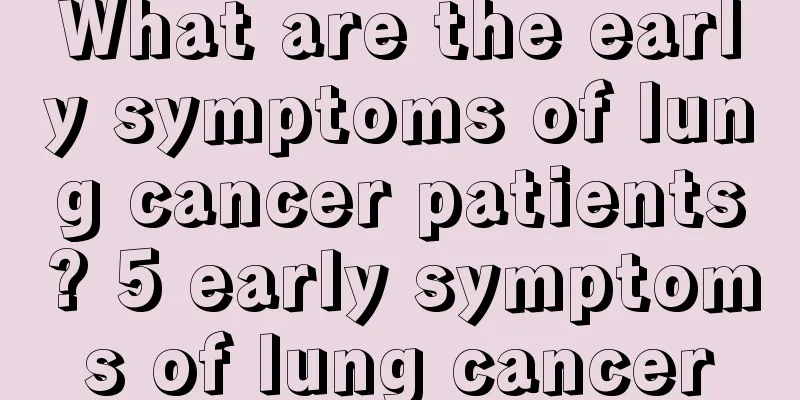Non-surgical treatment for kidney cancer

|
With the development of medicine, the treatment of renal cancer is no longer limited to nephrectomy. Non-surgical treatments such as immunotherapy, radiotherapy and chemotherapy can help eliminate cancer lesions and alleviate patients' pain. 1. Immunotherapy Through immune active cells, the effects of cellular and antibody immune responses are expanded to enhance the host's anti-cancer ability. Specific immunity currently used in clinical practice includes: ① Immune RNA, which can shrink the lesions of advanced renal cancer, with an effective rate of 22% and few adverse reactions; ② Interferon, which inhibits intracellular protein synthesis through its cytotoxic effect on tumors, thereby inhibiting the division of tumor cells. Interferon can enhance the activity of natural killer cells and is currently the most effective drug for the treatment of metastatic renal cancer; ③ Interleukin-2, which can promote and regulate the immune function of lymphocytes and improve their therapeutic effect on advanced renal cancer. 2. Chemotherapy Commonly used drugs for chemotherapy of renal cancer include: VLB, MMC, hydroxyurea, Eufodine, bleomycin, doxorubicin, 5-fluorouracil, cyclophosphamide and cisplatin, etc. The chemotherapy effect of renal cancer is relatively poor. 3. Radiation therapy Currently, it is only used as an auxiliary treatment method. It is suitable for the following situations: ① Before surgical treatment of patients with rapid tumor expansion in a short period of time and obvious toxic symptoms, radiotherapy can shrink the tumor, reduce intraoperative bleeding and cancer cell spread; after radiotherapy, local edema and tumor blood vessels are reduced, which is helpful for separation and surgical operation; ② For patients with stage II and III renal cancer or lesions that have spread to adjacent organs and incomplete tumor resection, postoperative radiotherapy can prevent recurrence; ③ For patients with advanced renal cancer that cannot be surgically removed, radiotherapy can reduce local pain, hematuria and relieve toxic symptoms. |
<<: Three clinical manifestations of posterior fossa brain cancer
>>: 6 characteristics of squamous cell carcinoma of the skin
Recommend
Why is bilirubin high? Why is bilirubin high?
Bilirubin is a very important indicator in clinic...
The best hospital for colorectal cancer treatment
There are excellent cancer hospitals in Beijing, ...
What are the effects of tiger amber
Everyone knows that amber is very beautiful. It i...
Characteristics of early colorectal cancer in women
Colorectal cancer is a common malignant tumor of ...
What are the symptoms of muscle tension?
Many people will inadvertently find that their mu...
What can you eat to effectively prevent hair loss?
Everyone wants to have thick hair, but many peopl...
What is the cause of hypertrophic cardiomyopathy?
When it comes to hypertrophic cardiomyopathy, we ...
What is the reason for a grayish-white circle around the pupil?
In daily life, many people face computers or writ...
How is small cell lung cancer generally treated?
Small cell lung cancer is caused by smoking, whic...
The efficacy of drinking water soaked with Polygonatum sibiricum and Atractylodes macrocephala
Drinking water soaked with Polygonatum sibiricum ...
What should I do if my leg cramps?
Leg cramps are quite uncomfortable, especially in...
How about silicone spatula
The silicone pot spatula is very good. It will no...
What are the treatments for hereditary non-polyposis colorectal cancer
What are the treatments for hereditary non-polypo...
What to do if you have varicose veins behind your knees
Simply put, varicose veins are caused by blood st...
How to distinguish the authenticity of deer antlers
Everyone knows that deer antler is a precious med...









